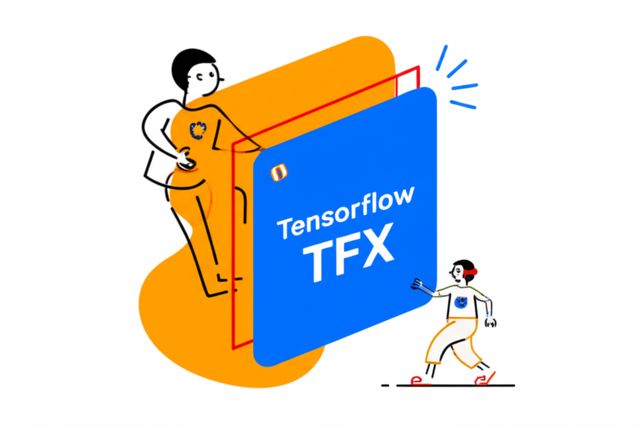TensorFlow Extended (TFX)
TensorFlow Extended (TFX) is an end-to-end platform for developing, orchestrating, and monitoring machine learning pipelines. Designed by Google, TFX simplifies the process of building, deploying, and managing ML models by providing a comprehensive set of tools and features. Whether you're a data scientist, a machine learning engineer, or a software developer, TFX can empower you to create and deploy ML solutions with confidence and efficiency.
What is TensorFlow Extended (TFX)?
TFX is an open-source platform that integrates with TensorFlow, the widely adopted machine learning library. It offers a structured approach to ML pipeline development, enabling teams to collaborate effectively and ensure the quality and reliability of their models. TFX provides a range of components and functionalities that cover the entire ML lifecycle, from data ingestion and feature engineering to model training, evaluation, and deployment.
Benefits of Using TFX for ML Pipelines
Leveraging TFX for your ML pipelines brings numerous advantages. Here are some key benefits:
- Simplified ML Pipeline Development: TFX provides a standardized framework for building ML pipelines, making it easier for teams to collaborate and maintain consistency throughout the development process.
- Improved Model Quality: TFX incorporates best practices for ML pipeline development, helping teams identify and address potential issues early on. This leads to more robust and reliable models.
- Increased Productivity: TFX automates many repetitive tasks associated with ML pipeline development, freeing up teams to focus on more strategic initiatives.
- Enhanced Collaboration: TFX provides a central platform for teams to share and reuse components, fostering knowledge transfer and ensuring a consistent approach to ML pipeline development.
Applications of TFX for ML Pipelines
TFX finds application in a wide range of industries and use cases. Here are a few examples:
- Healthcare: TFX is used to develop ML pipelines for disease diagnosis, drug discovery, and personalized medicine.
- Finance: TFX helps build ML pipelines for fraud detection, risk assessment, and algorithmic trading.
- Retail: TFX is used to create ML pipelines for product recommendations, demand forecasting, and customer segmentation.
- Manufacturing: TFX is employed to develop ML pipelines for predictive maintenance, quality control, and process optimization.
Careers Associated with TensorFlow Extended (TFX)
TFX proficiency can open doors to various career opportunities in the field of machine learning. Here are some potential career paths:
- Data Scientist: Data scientists use TFX to design, develop, and deploy ML pipelines, leveraging their expertise in data analysis and ML modeling.
- Machine Learning Engineer: Machine learning engineers specialize in building, deploying, and maintaining ML pipelines using TFX. They ensure the efficiency and scalability of ML solutions.
- Software Engineer: Software engineers with TFX skills can contribute to the development and maintenance of ML pipeline infrastructure and tools.
- ML Pipeline Architect: ML pipeline architects design and oversee the implementation of complex ML pipelines, ensuring they meet performance, reliability, and scalability requirements.
Online Courses for Learning TensorFlow Extended (TFX)
Numerous online courses are available to help you learn TensorFlow Extended (TFX). These courses provide a comprehensive understanding of TFX concepts and practical experience in building ML pipelines. By enrolling in these courses, you can gain the skills and knowledge needed to advance your career in the field of machine learning.
Online courses offer a flexible and convenient way to learn TFX at your own pace. Through interactive lectures, hands-on projects, and expert guidance, these courses provide a comprehensive learning experience. Whether you're a beginner or an experienced ML practitioner, you can find courses tailored to your skill level and learning objectives.
By taking advantage of online courses, you can enhance your understanding of TFX, develop practical skills in ML pipeline development, and prepare yourself for a successful career in the field of machine learning.
While online courses are a valuable resource for learning TFX, it's important to note that they may not be sufficient to fully master the topic. To gain a comprehensive understanding and proficiency, consider supplementing online courses with hands-on experience, industry certifications, and participation in online communities and forums.


